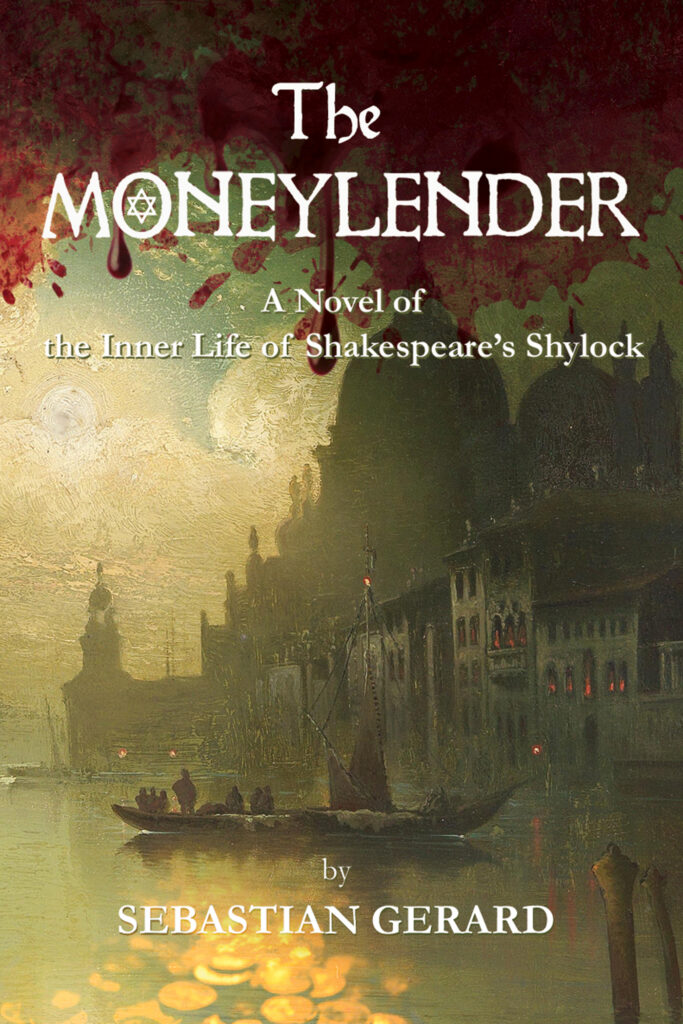The Moneylender : A Novel of the Inner Life of Shakespear’s Shylock
by Sebastian Gerard
Available Now!
PRINT AND eBOOK EDITIONS FROM amazon.com
FOR SIGNED COPIES, EMAIL REQUEST TO sebastioangerard.com

CON-MANDER-IN-CHIEF
by Ned O’Hearn
Available Now!
PRINT AND eBOOK EDITIONS FROM amazon.com
FOR SIGNED COPIES, EMAIL REQUEST TO [email protected]

I didn’t vote for Donald Trump in 2016, but I was willing to offer the benefit of the doubt, hoping that once sworn in he’d magically start acting with a dignity befitting the office. That anticipation, more like delusion, had totally dissipated by 2019 when I started writing Trump-related satires as a form of personal therapy, following an age-old tradition that pompous people in power invite ridicule. Here was man all about himself and power – a fragile, self-consumed, dangerously ambitious egotist with no moral compass. Estranged from truth, he instinctively fictionalizes fact, benefiting from a mind unburdened by social conscience or troubled by deep thought. These satires, in the form of stories, plays, screenplays, fables, soliloquies and songs, were written over the past five years, many inspired by hilarious verbal miscues, nationally embarrassing moments and international blunders reflecting behaviors of a man who refuses to read or take advice, is woefully ignorant of history, and is envious of foreign dictators. While exaggeration and comedy permeate many of the 36 entries – these are satires after all – the messages are serious.
